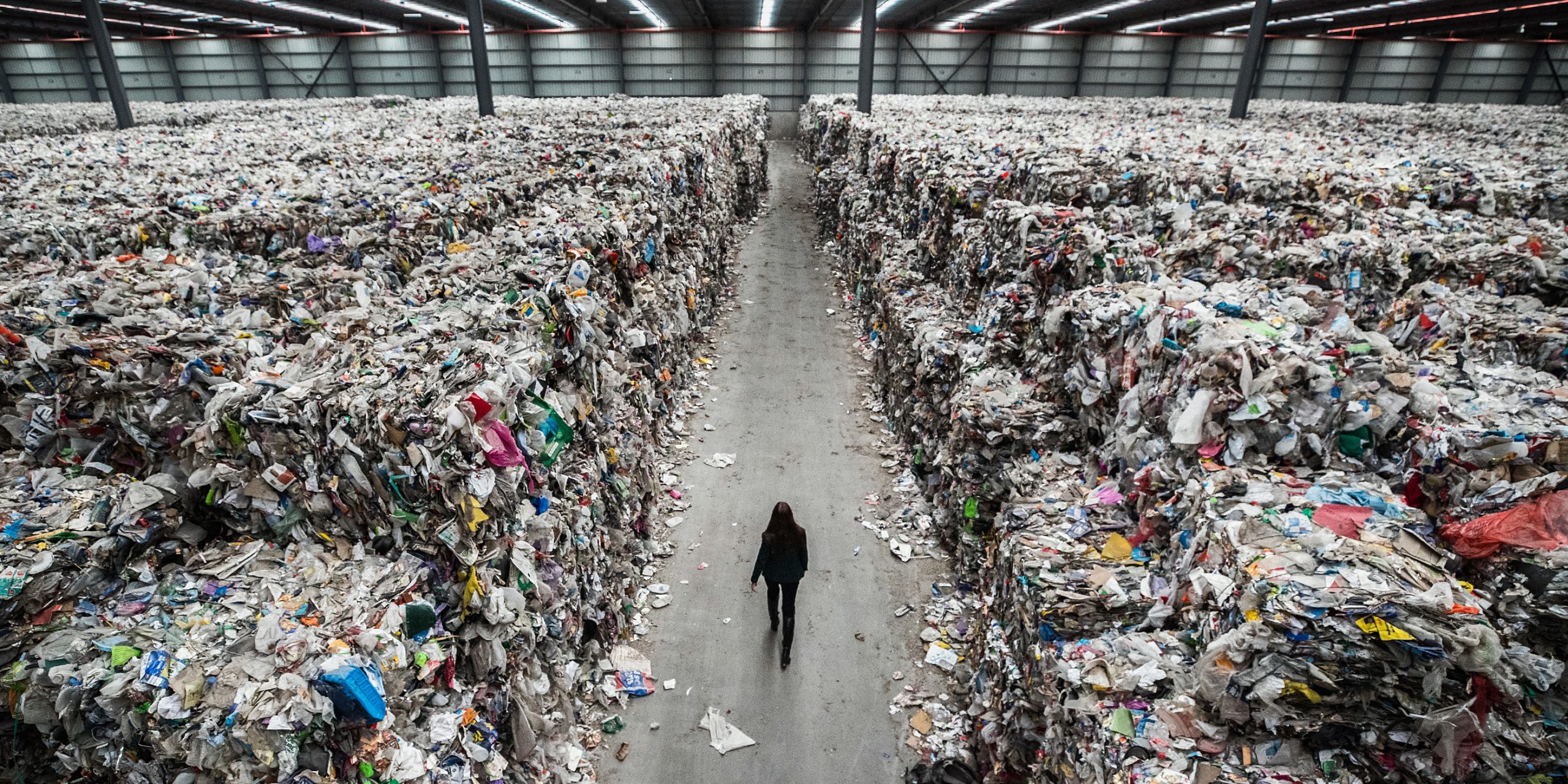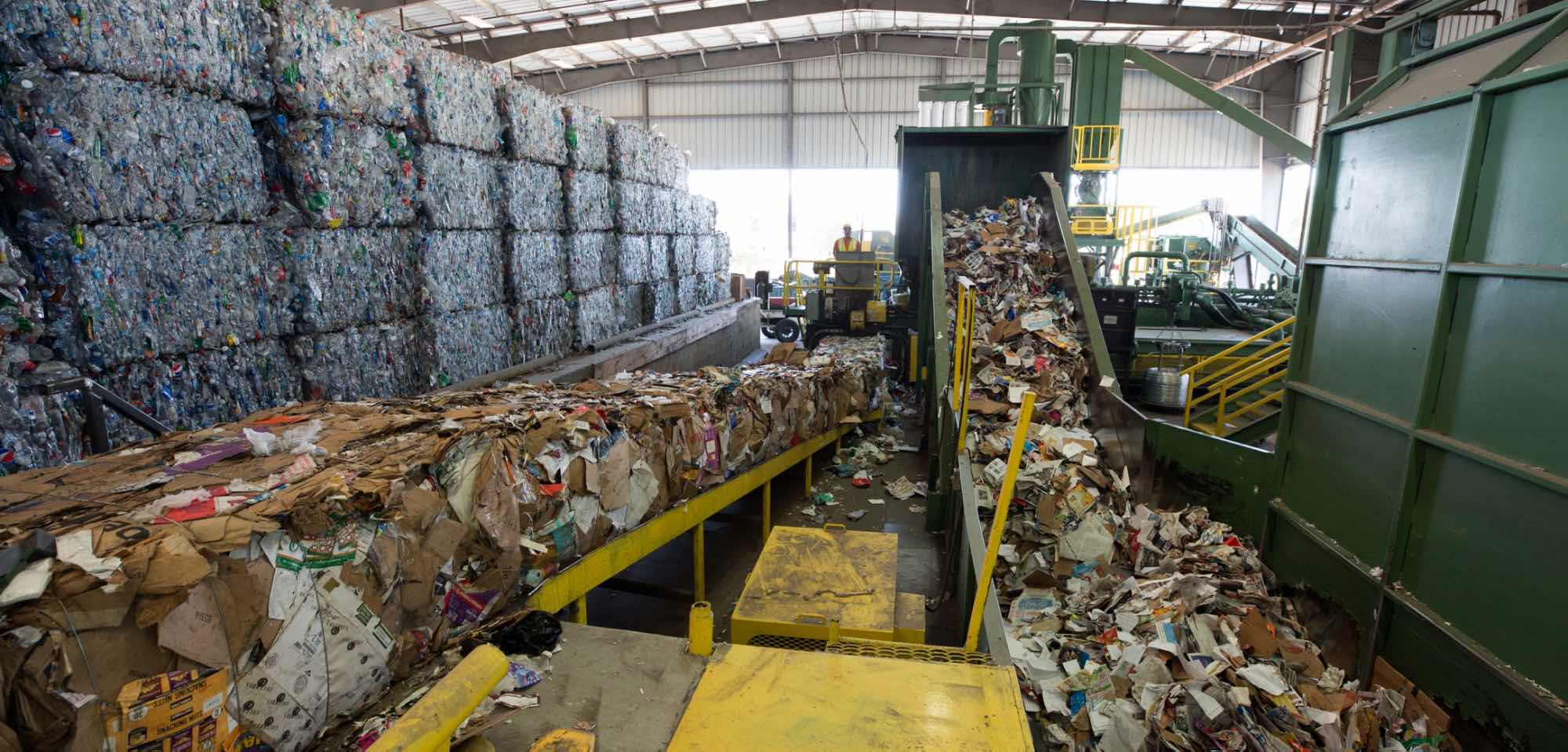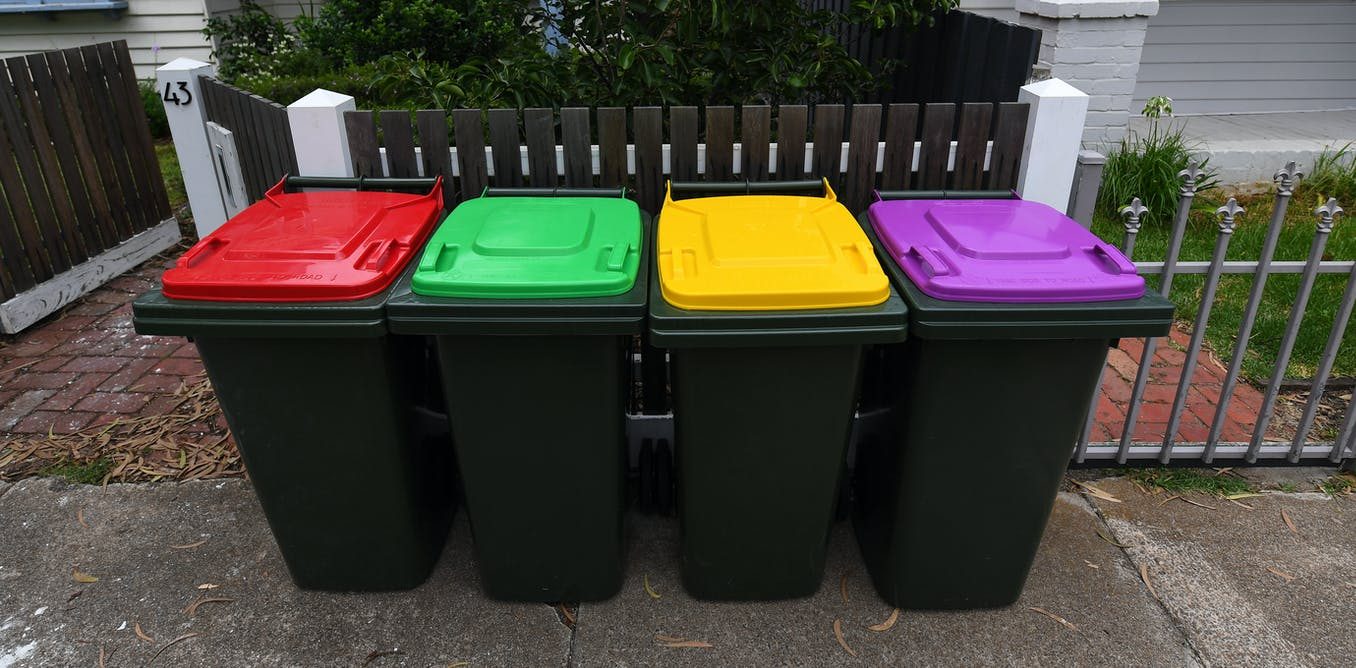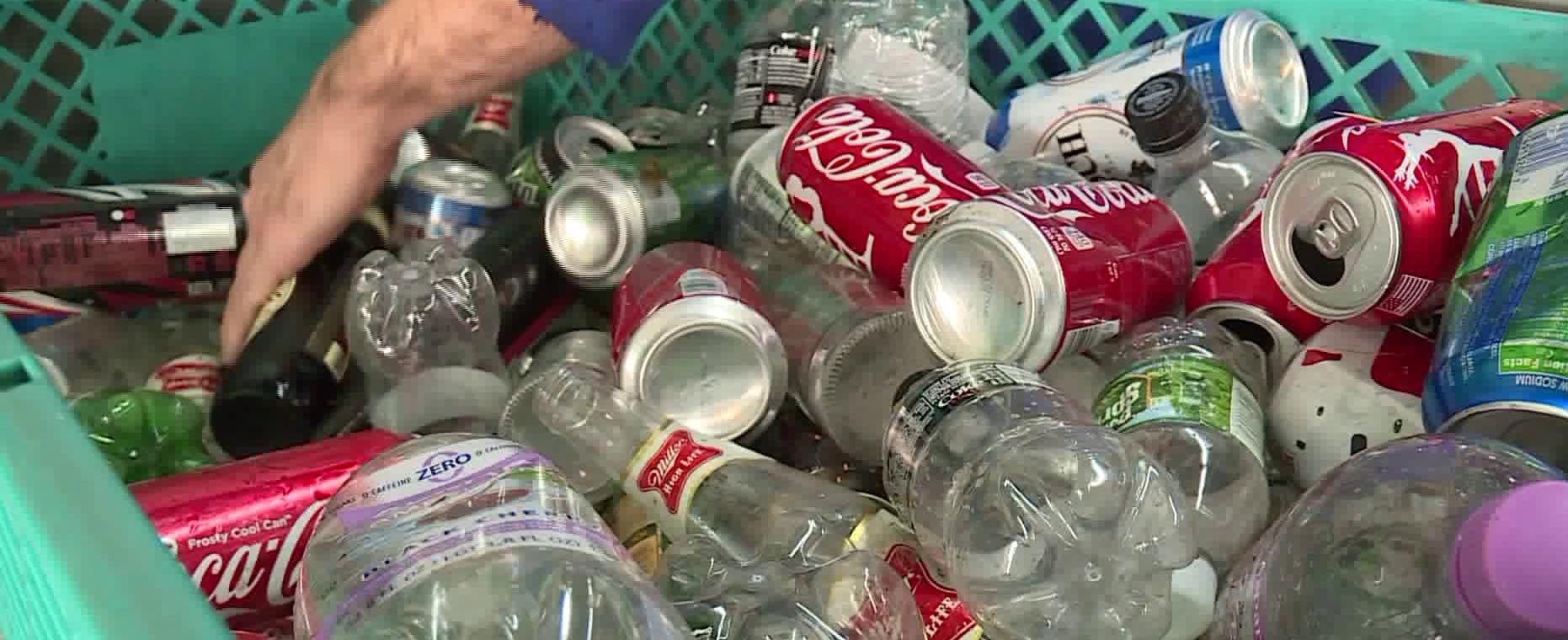Garbage In, Garbage Out

I usually write about politics, so I was surprised at how much feedback I received following my last post, “Is Recycling Even Real?”. From responses on social media to email replies, it seems that many people have been asking the same questions, regardless of their political leanings.
I have tried to get some answers, but thus far have only generated more questions. I heard back promptly from my Iowa State Representative, who knows this is an issue and has tried to raise it in the legislature, but it doesn’t appear to be going anywhere, yet. (Thank you, Dave Jacoby, for replying!). From the recycling departments in Iowa City and Coralville I’ve heard absolutely nothing.
I’m going to try again to get some answers, and encourage each of you to do the same in your communities. I’ll be back with some suggestions at the end, but first, more questions!

One friend shared with me that he had started the first plastics recycling plant in America, then called Hammer Plastic Recycling, and now called Plastic Recycling of Iowa Falls, which is awesome! So, that shows that, at least some of the time, plastic recycling can work, depending upon the type of plastic, and where the effort has been made to actually get it done.
Another friend pointed me to a Sierra Club article, “The US Recycling System Is Garbage”. That article referenced another Sierra Club article, “Stop Obsessing About Recycling”. And, that article in turn referenced some interesting research from Oregon, and down the rabbit hole I went. Both Sierra Club articles are worth a read, but I’ll provide my summaries.
In the first article, the impact of China’s ban on imported recyclables is highlighted. Before 2018, China would take whatever waste we would send them. What market there once was for our garbage was then shut down. A few other countries continued to accept our waste, but those soon followed China’s example. Many U.S. communities, accustomed to making some money from their recycling efforts, were suddenly faced with markedly rising costs.
And, as much of our waste was poorly sorted and badly contaminated, it couldn’t be economically recyclable, even in China. So, while much of the plastic in the Pacific Ocean did come most immediately from Asia, at least some of it originated right here in America.
The second article focuses on some research from Oregon, which is concerned with what are called LCAs, or Life Cycle Assessments. LCAs consider the impact of initial production (energy use, pollution, etc.), with the impact during use of the product, and then the impact of elimination (recycling, landfilling, etc.).
For example, a given beverage might be packaged in a glass bottle, a plastic one, or an aluminum can. Which is optimal would depend upon the total environmental and economic impact of that packaging over its life cycle, from production to disposal. Included in such an assessment of recycling are things we might not think about, such as the use of fresh water to clean our containers and the energy used to transport them to a recycling center.

Honestly, I’m not sure what to do. There are four main categories of potentially recyclable items to consider; plastic, paper, glass, and metal. I’ll take each one in turn, but remember that I have more questions than definitive suggestions.
As discussed in my last post, the economics of plastic recycling are challenging, and plastic degrades with each reuse. Some plastics are probably worth recycling, as my friend’s experience with the recycling center in Iowa Falls attests. But, what about all the other plastics we encounter that have that cute little recyclable symbol on them? Many are not actually recyclable, or at least are not recycled. I’m going to try to reduce my plastic consumption as much as possible. For now, I will also continue to put my plastics in a recycling bin, but would like to know which plastics are truly worth my attention. My intuition is that much of our plastic waste would be better dealt with at a waste-to-energy incinerator, unless enzymes that can quickly breakdown plastics in a landfill become commonplace soon.
Like plastics, paper degrades with each recycling, as the fibers gradually become shorter and must be mixed with virgin material to create a usable product. Regardless, paper recycling appears to make environmental sense, although I found some debate about that. The big problem with paper recycling, as with plastic recycling, is that with the shutdown of overseas markets for our waste, it is not economically viable domestically in many areas. As a result, much our paper and cardboard that we put in recycling bins is instead going to landfills. Once again, as with plastics, a waste-to-energy incinerator might be a better option.
Glass is eminently recyclable, yet is recycled at much higher rates in many other countries than in America. Here, there are economic challenges to glass recycling, from sorting glass at the outset, to transporting processed glass, called cullet, to glass manufacturers. The economic challenges vary by locale, though. In some areas, it’s simply cheaper to make new glass than it is to clean, sort by color, process, and make recycled glass. But, those local challenges can be overcome; Boulevard Brewing helped to develop a recycling and glass processing system in the Kansas City area.
Like glass, metals are also readily recyclable, without the structural degradation that is seen with plastics and paper. Metals also appear to be the most monetarily valuable in terms of recycling potential, but the overall rate of metal recycling in America is only around 30%. The costs of collection, sorting, processing, melting, purifying, and transporting recycled metal are significant. While usually profitable, metal recycling faces economic challenges when prices fall, as during recessions.

Whether recycling makes sense is going to depend upon at least two factors: the material potentially being recycled, and where you live. Glass and metals seem to me to be the most worthwhile to recycle, but both face economic hurdles. Paper and some plastics might be worthwhile to recycle, but also face economic challenges. But, in large part, it depends upon location. If what you’re putting in your recycling bin still ends up at the local landfill, why bother with all the cleaning and sorting in the first place?
I have readers across the country, so I encourage you to reach out to your local representatives to learn more. They probably won’t readily know the answers to the questions you’ll be asking them; but it’s their job to find out, so ask them. A sampler boilerplate is offered in the box below, but you should feel free to modify it as you see fit. Reach out to whoever is nominally in charge of your local recycling efforts, but also your city councilors, your county commission, and your state legislative representatives. And, please, let me know what you hear back!
I am concerned about recycling efforts in my area. A friend of mine has written about this issue in two recent posts, along with relevant references, which I have included below. I understand that the economic and environmental impacts of recycling will depend greatly upon local conditions. What can you tell me about the benefits versus costs of recycling plastic, paper, glass, and metal in my area?
Doc Peters: Is Recycling Even Real?
Doc Peters: Garbage In, Garbage Out
Finally, if you live in as state like Iowa, which imposes a tax on refundable bottles and cans, but redemption centers are closed due to COVID-19, insist on at least temporary repeal of that tax. The tax is designed to encourage recycling, but we can’t recoup the cost of that tax until redemption centers reopen.
Peace,
Chris
Sierra Club: The US Recycling System Is Garbage
Sierra Club: Stop Obsessing About Recycling
The Guardian: New Super-Enzyme Eats Plastic Bottles Six Times Faster
Chemical & Engineering News: Why Glass Recycling in the US is Broken
The Balance: An Introduction to Metal Recycling
